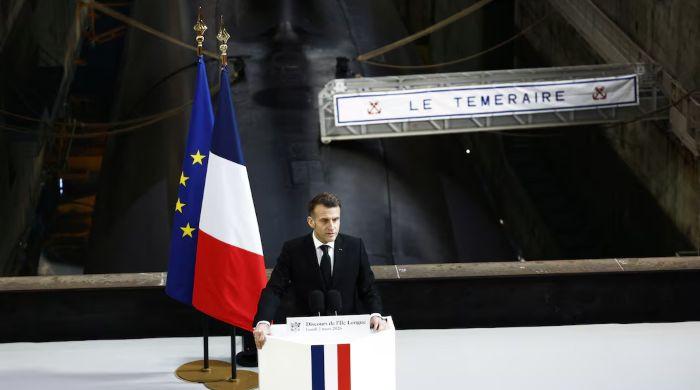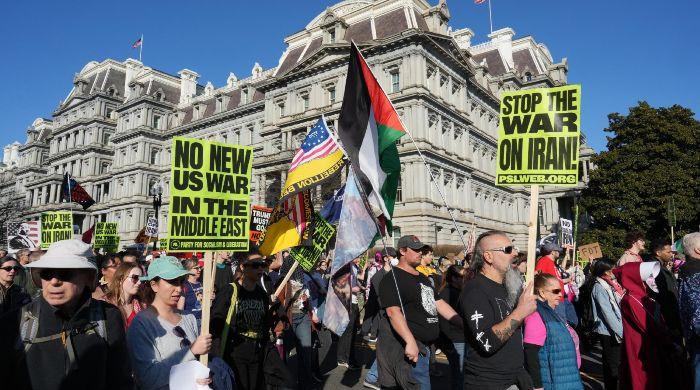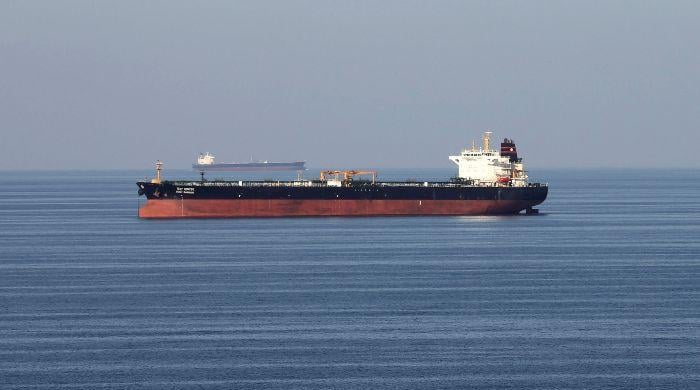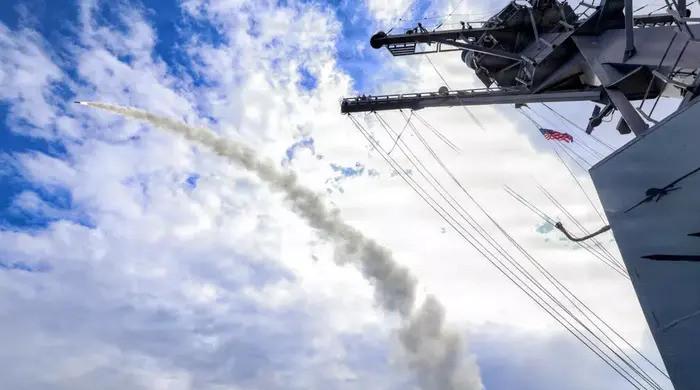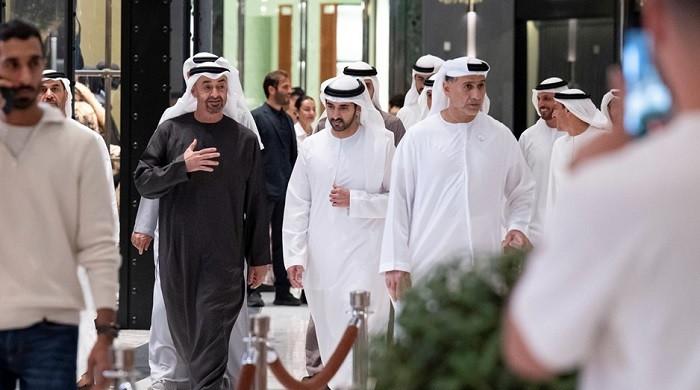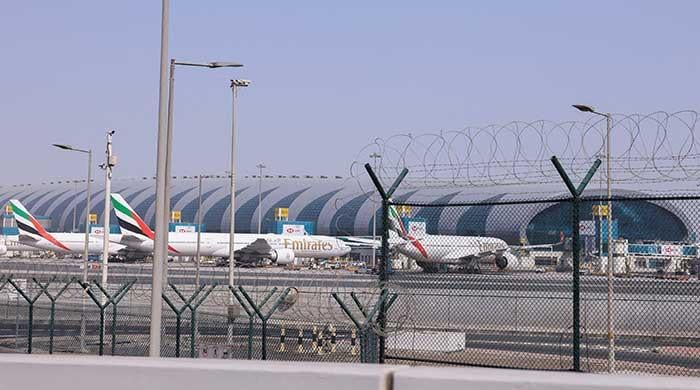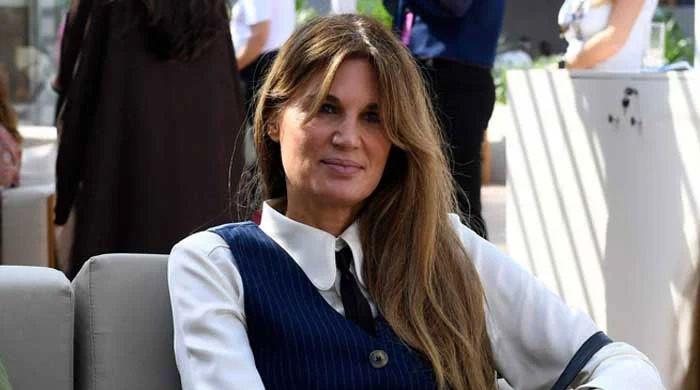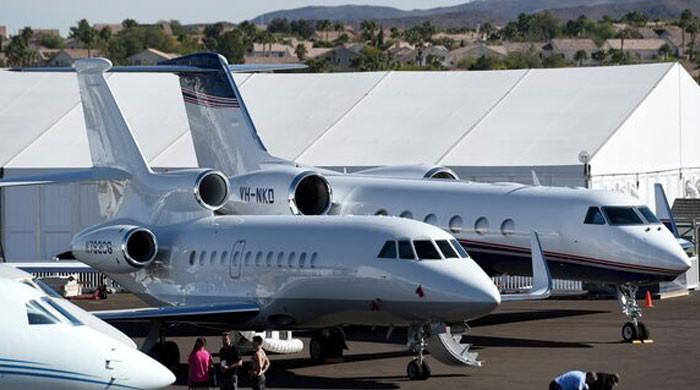EU extends invitation to PM Imran Khan for state visit
After 11 long years, a Pakistani head of state will visit the European Union
June 18, 2021
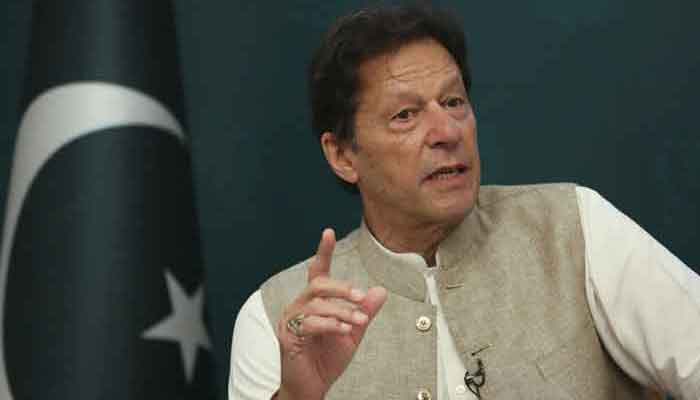
- After 11 long years, a Pakistani head of state will visit the EU.
- Invitation means that the EU has chosen to retain its policy of engagement despite many differences on national and international issues.
- Pakistan must fully implement 27 conventions attached to the GSP plus agreement, says EU.
BRUSSELS: Joseph Borrell, High Representative of European Union and Vice President of European Commission, in a bilateral meeting with Foreign Minister Shah Mahmood Qureshi on Friday, on the sidelines of the Antalya Diplomacy Forum, invited Prime Minster Imran Khan to visit the European Union.
It was last in March 2010 when a Pakistani head of state, the then prime minister Yousuf Raza Gilani, had been invited to visit the European Union.
A year prior, the first state-level summit in the history of Pak-EU relations, the European Union-Pakistan summit, took place on June 17, 2009, when Asif Ali Zardari was president.
The second summit was held on June 4, 2010, during prime minster Gilani's rule.
That same year, a meeting in Brussels of the Friends of Democratic Pakistan took place in October.
Prime Minister Imran Khan visited the European Parliament in 2007, not in an official capacity, but as a political leader, invited by then member of European Parliament Dr Sajjad Karim and the president of Friends of Democratic Pakistan group in the European parliament.
In the history of EU-Pakistan relations, the PPP era was a time when relations between EU and Pakistan were at their peak.
The 2008-2018 period was a golden era because it resulted in several beneficial agreements for Pakistan: the 5-year Strategic Engagement Plan, the GSP Plus regime, and the 10-year duty-free scheme for Pakistan’s exports to the European Union.
With such deals, Pakistan received massive help in economic activity, exports, education, and rural development under EU-run programmes. The cordial relationship of Pakistan with EU boosted the country's image in European countries.
However, since 2018, Pakistan could not manage to secure any trade agreements or concessions from the EU.
Pakistan's last engagement plan was signed in 2012, after the Friends of Democratic Pakistan Forum's 2011 conference. There were plans to kick up relations a notch to a full strategic partnership level but Pakistan failed to qualify for the terms of the Pak-EU Strategic Partnership Agreement twice.
In 2019, Pakistan was given another chance and the arrangement was extended under a new name, the Strategic Engagement Dialogue.
EU's Strategic Engagement Plan ushered in new era of solid cooperation: FM Qureshi
The invitation to the Prime Minister of Pakistan means that the European Union has chosen to retain its policy of engagement despite many differences on national and international issues.
At a virtual meeting on June 16 of the EU-Pakistan Joint Commission, the EU raised concerns about protection for the media and journalists and stressed that Pakistan would have to abide by the terms and conditions of the EU-Pakistan agreements.
Joint efforts in the fields of democracy, governance, rule of law and human rights, besides cooperation on human rights issues at international fora, and the promotion and protection of all fundamental freedoms were discussed.
Both the EU and Pakistan reaffirmed their commitment to the promotion and protection of all human rights and fundamental freedoms, including freedom of religion and belief (concerns about anti-Muslim hatred), the rights of persons belonging to minorities, freedom of expression, and women's rights and children's rights.
Pakistan informed the gathering about developments concerning the Journalist and Media Protection Bill, the Forced or Involuntary Disappearance Bill and the Anti-Torture Law.
Then today, Foreign Minister Qureshi and EU High Representative Borrell held a bilateral meeting, on the sidelines of the Antalya Diplomacy Forum in Turkey, which included a discussion of Pakistan's positive role in Afghanistan.
Meanwhile, here in Brussels, the EU headquarters, an extremely hostile environment prevails after the European Parliament's near unanimous resolution in April asking for a review of the country's GSP Plus (GSP+) status with only 3 votes in favour and 681 against Pakistan.
EU parliament wants Pakistan's GSP plus status reviewed
In such a tumultuous time, for Ambassador of Pakistan to EU Zaheer Janjua and his team to have obtained an invitation to EU for Pakistan's premier is appreciable.
The visit will certainly provide an opportunity to PM Imran Khan to better understand the nature and importance of relations with the EU.




